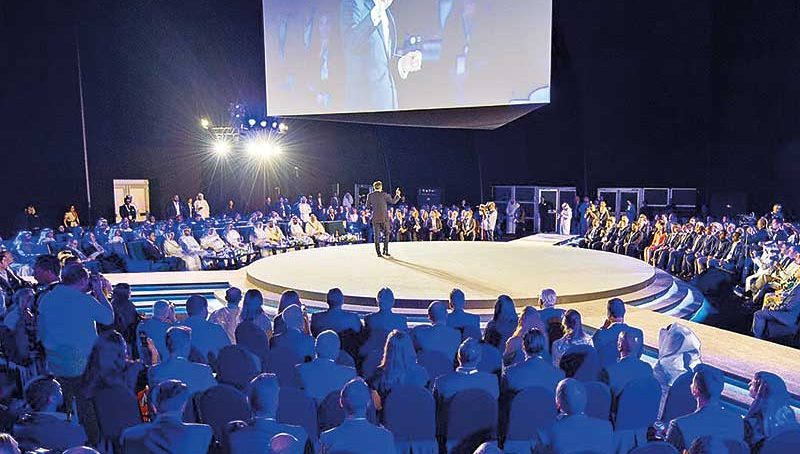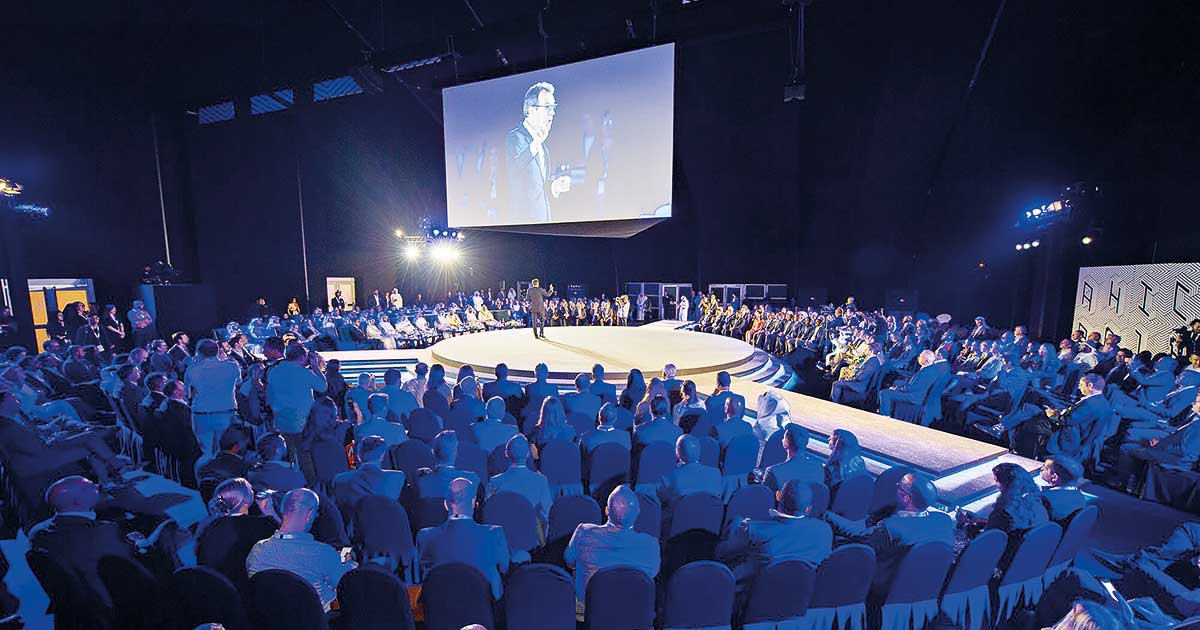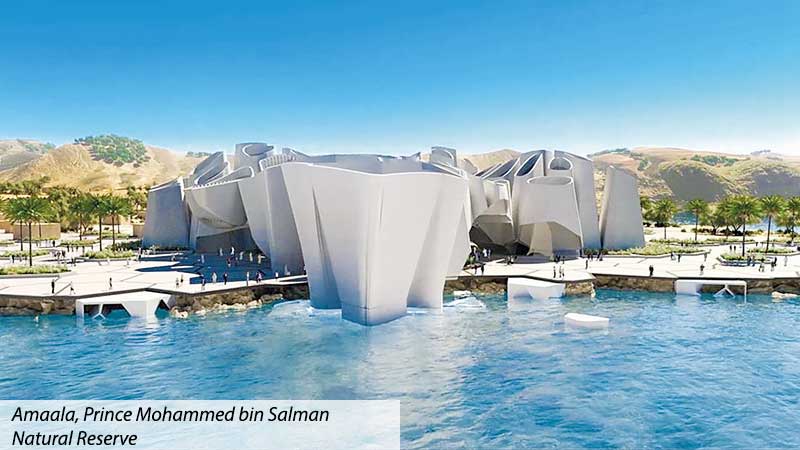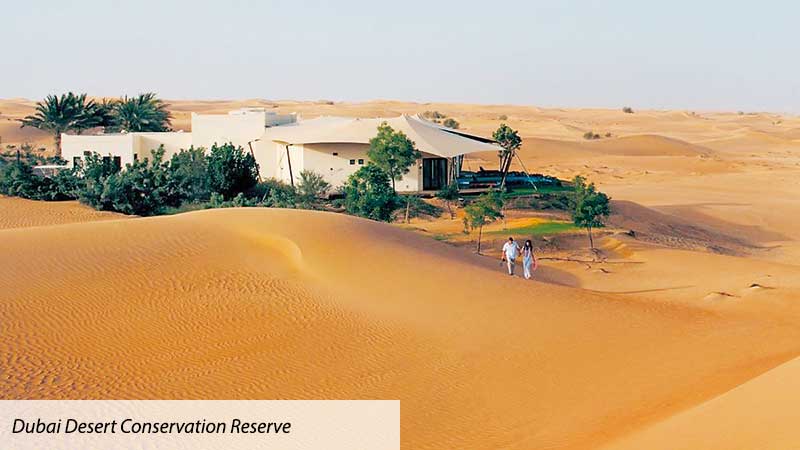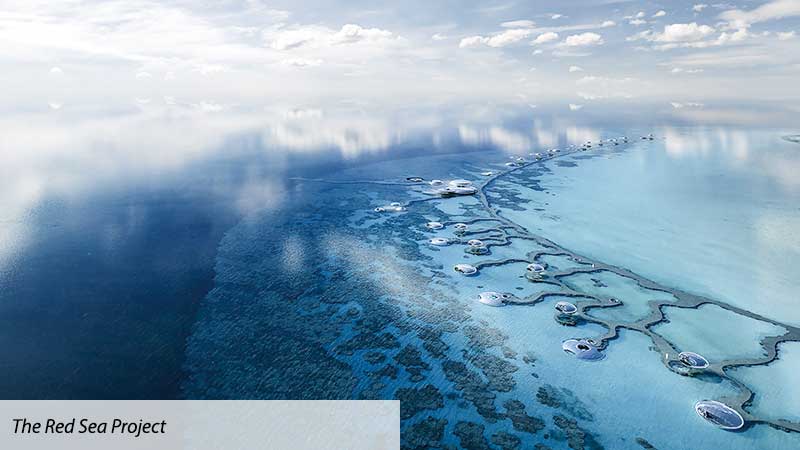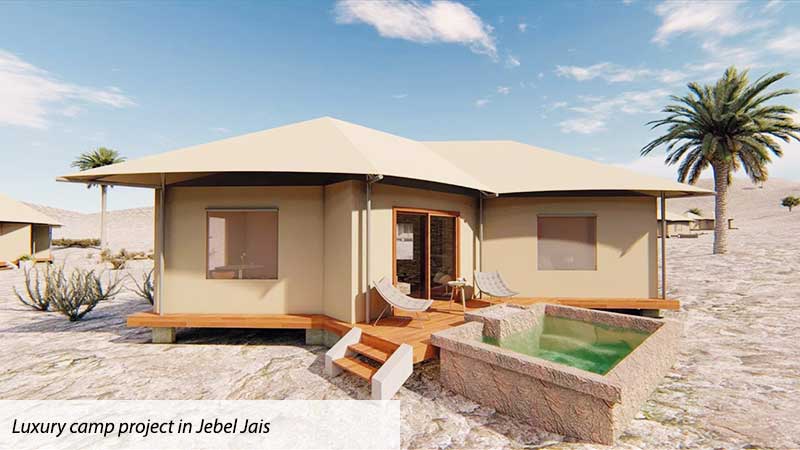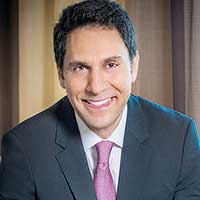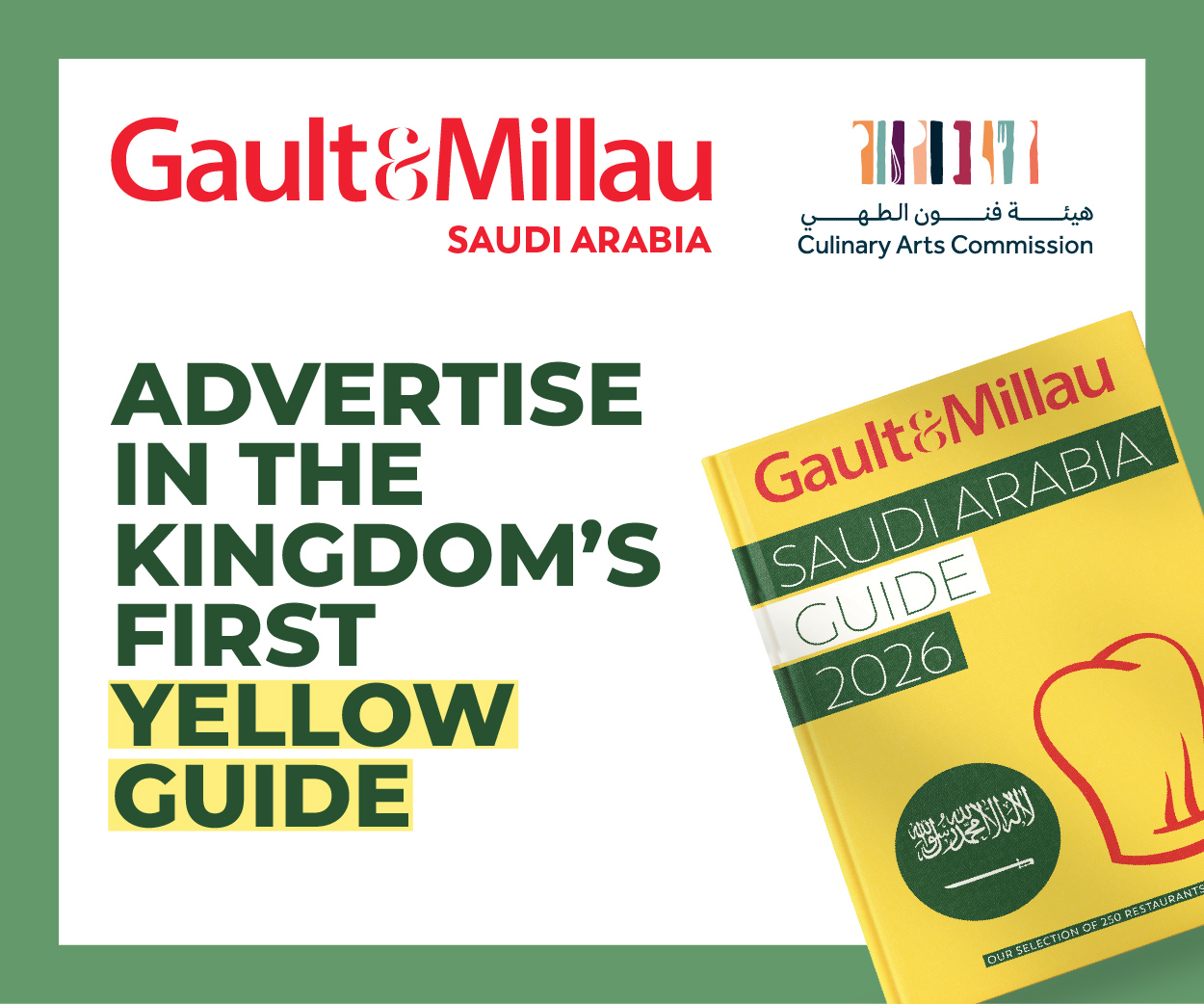The need for synchronization between master developers, owners and operators will be increasingly critical as demand for sustainable tourism grows, Jonathan Worsley, founder of the Arabian Hotel Investment Conference (AHIC), tells Hospitality News Middle East
Under the theme ‘Synchronised for Success’, AHIC 2019 will debate and discuss numerous demands on the Middle East’s hospitality industry and the need for investors, owners and operators alike to be aligned as they tackle these. As our event, which is being held in Ras Al Khaimah from April 9 to 11, approaches, I believe that this need for synchronization will be of utmost importance in the growing domain of sustainable tourism – a topic we expect to be pivotal to conversations at the AHIC.
The industry’s major stakeholders all have significant roles to play. Destinations, tourism authorities and master developers have a responsibility to not only protect and maintain their environments, but to encourage them to prosper. For investors and lenders, there’s an obligation to finance projects and properties with a long-term sustainable vision and for owners, a mandate to maintain portfolios that are environmentally aware. Operators must be accountable too, committed to managing these assets sustainably for the appreciation of future generations. Ultimately, all players must be synchronized for the hospitality industry to achieve a legacy of sustainable tourism.
Current demand
The demand for sustainable tourism is growing, a trend fueled by younger generations – the oft-mentioned millennials and post-millennials, also known as generations Y and Z, or, as we like to call them at AHIC, ‘The Avocado Generation’. According to James Wrenn, senior manager, hotels (MENA region) for Colliers International, who is presenting on this topic at AHIC under the title ‘Wellness, eco, agri and adventure tourism for the avocado generation’, “These travelers, with their strong sense of civic responsibility, believe travel is not just a reason to get away from regular life, but a way of learning from life.”
Wrenn cites the UN World Tourism Organisation, which expects some 1.6 billion eco-inspired trips to be taken by 2020, and highlights regional examples of progress in this field as being Jebel Akhar, Ras Al Hadd, Musandam and Sur in Oman, and Hatta and Ras Al Khaimah – AHIC’s host – in the UAE.
In an era where people are increasingly conscious of the need for conservation and yet hungry for new, more personalized travel experiences, fostering a positive relationship between tourism and the environment is critical.
The CEO of Ras Al Khaimah Tourism Development Authority (RAKTDA) Haitham Mattar explains the emirate’s approach, following the success in 2018 of the launch of the Jebel Jais Flight, the world’s longest zipline. The attraction has welcomed more than 25,000 flyers since opening 12 months ago. It highlights Ras Al Khaimah’s natural beauty and has strengthened the emirate’s credentials as a sustainable, adventure tourism destination.
“At the heart of its sustainable tourism strategy, RAKTDA applies principles in day-to-day decision making and operations that make a positive difference to the tourism industry at home and set an example for other destinations to follow,” Matter tells me. He says this can only be achieved by working “hand in hand with travel and tourism stakeholders and local communities to derive the maximum economic and social benefit from tourism”.
“There are many projects in the pipeline and areas of growth and developments aimed at further enhancing Ras Al Khaimah’s sustainable offering,” continues Matter. These include the development of a luxury camp project in Jebel Jais, being operated by Mantis and expected to break ground in 2019. “It will have a total of 47 luxury units and offer a unique eco-friendly and luxury experience,” he reveals.
All eyes on giga projects
The UAE may be making progress when it comes to sustainable tourism, and indeed, can be commended for longstanding efforts, such as the Dubai Desert Conservation Reserve, but it is Saudi Arabia that is making great strides in the area.
We’re excited to be showcasing two of the Kingdom’s giga-projects: Amaala, a bespoke hospitality experience located within the Prince Mohammed bin Salman Natural Reserve, and The Red Sea Project, situated along the Western coast, at AHIC.
The Red Sea Project will be created around an archipelago of more than 90 islands, surrounded by thriving coral reefs, dramatic desert canyons and dormant volcanoes, and heritage sites. Master developer The Red Sea Development Company (TRSDC) has already undertaken more than 30 ecological studies throughout the design and development phase to ensure all plans actively enhance the local environment. Most recently, it has developed a groundbreaking application of conservation and development planning with King Abdullah University of Science and Technology (KAUST).
The Marine Spatial Planning process, created by KAUST’s biologists, ecologists, oceanographers and modelers, in collaboration with TRSDC’s architects, engineers and master planners, has informed The Concept Master Plan for the luxury destination, which promises to deliver a net positive conservation benefit of up to 30 percent within the next two decades. John Pagano, CEO of TRSDC, sums up the rationale behind such pioneering practices perfectly.
“Our objective is to set new standards in sustainable development, respecting the species that were here before us, creating opportunities for the local communities and enhancing the destination for the future. We aim to be the world leader in environmental sustainability across all phases of development – planning, construction and operation – so that the site will actually benefit from being opened up to tourism and will flourish as a result. And we will share the knowledge we gain and the lessons we learn with the rest of the world in the hope that we can inspire other destinations around the globe.”
What better example of being synchronized for success is there than this? Ultimately, the future success of the hotel and tourism sector relies on it being sustainable. How successful it will be is intrinsically linked with the industry’s combined efforts to ensure our business is sustainable as possible, on a social, economic and environmental level.



